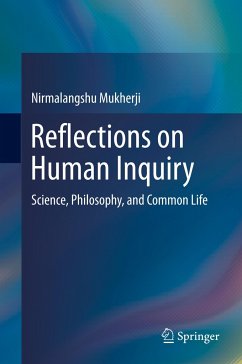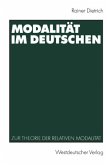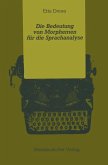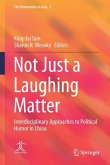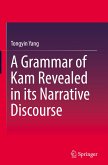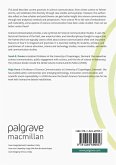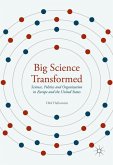This original volume examines forms and limits of human inquiry from a largely sceptical point of view. Human beings are endowed with cognitive agency. Our grasp of the world, and of ourselves, are not merely responses to external stimuli; they are reflective products of human inquiry. At one point in human history it was thought that modern science, especially theoretical physics, is the paradigm of human inquiry. Where does this form of inquiry significantly apply? Are there limits on its claims of truth and objectivity? How much of the vast canvas of human experience does it cover? Where do other forms of inquiry, such as philosophy, religion, and the arts, attain their salience?
With the emergence of the scientific study of the human mind itself, these critical questions have taken a more intriguing form in recent decades. Can human inquiry investigate its own nature? Can the scientific theory of language explain the richness of human expression? Can a science of themind account for human experience? These probing questions on the scientific enterprise are usually addressed from the outside, as it were, by humanists and critical theorists. In these essays, they are examined from the inside by a philosopher whose primary academic work concerns the study of the human, linguistic mind. In that sense, the sceptical inquiry turns on itself.
With the emergence of the scientific study of the human mind itself, these critical questions have taken a more intriguing form in recent decades. Can human inquiry investigate its own nature? Can the scientific theory of language explain the richness of human expression? Can a science of themind account for human experience? These probing questions on the scientific enterprise are usually addressed from the outside, as it were, by humanists and critical theorists. In these essays, they are examined from the inside by a philosopher whose primary academic work concerns the study of the human, linguistic mind. In that sense, the sceptical inquiry turns on itself.
"Mukherji's volume is very rich, bringing together a number of issues in recent/late twentieth century philosophy, without being overwhelming. ... Well written, this is an enjoyable book to read, that seeks to bring philosophical debate to a broad audience." (William Sweet, Sophia, Vol. 59, 2020)

